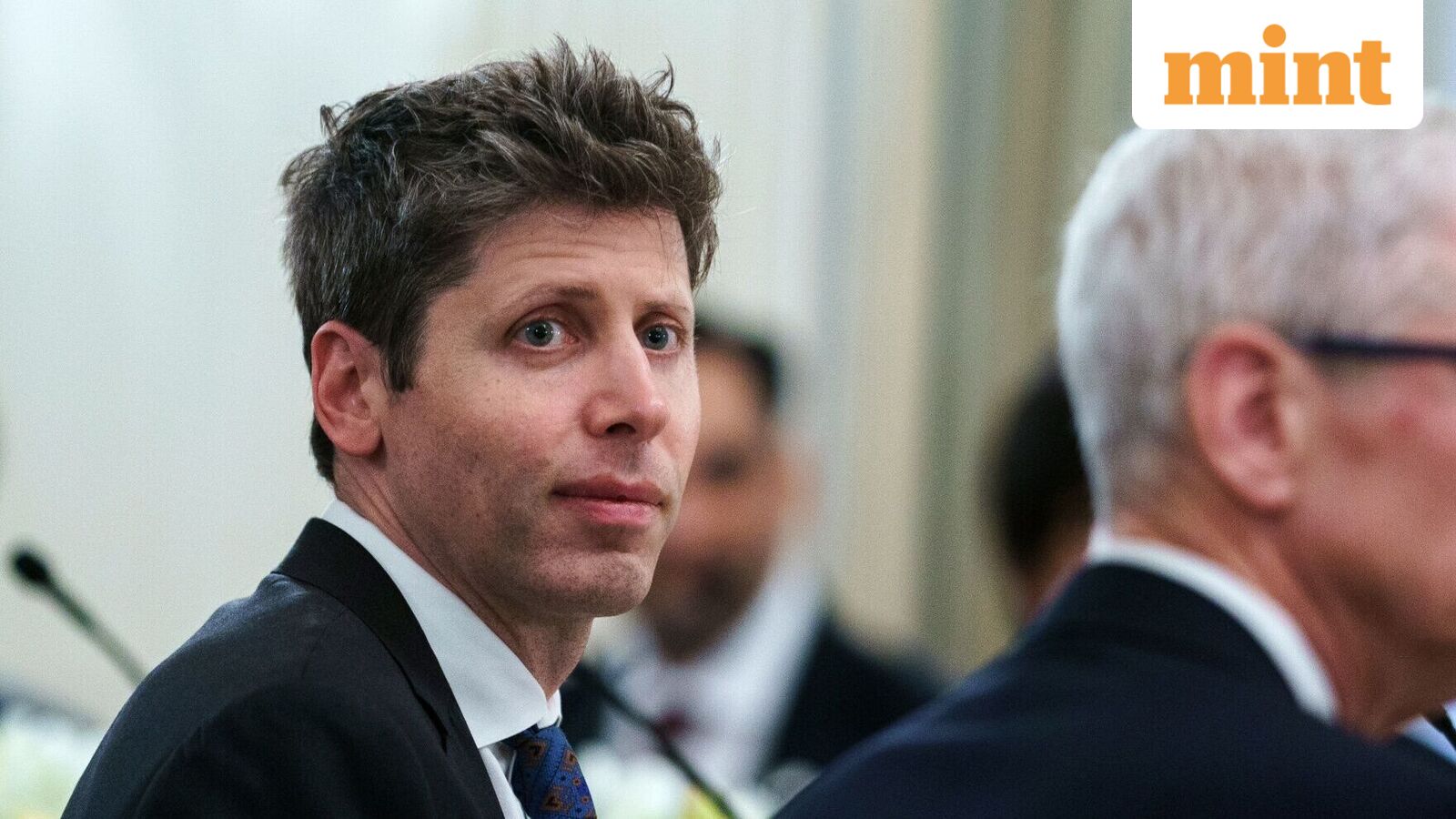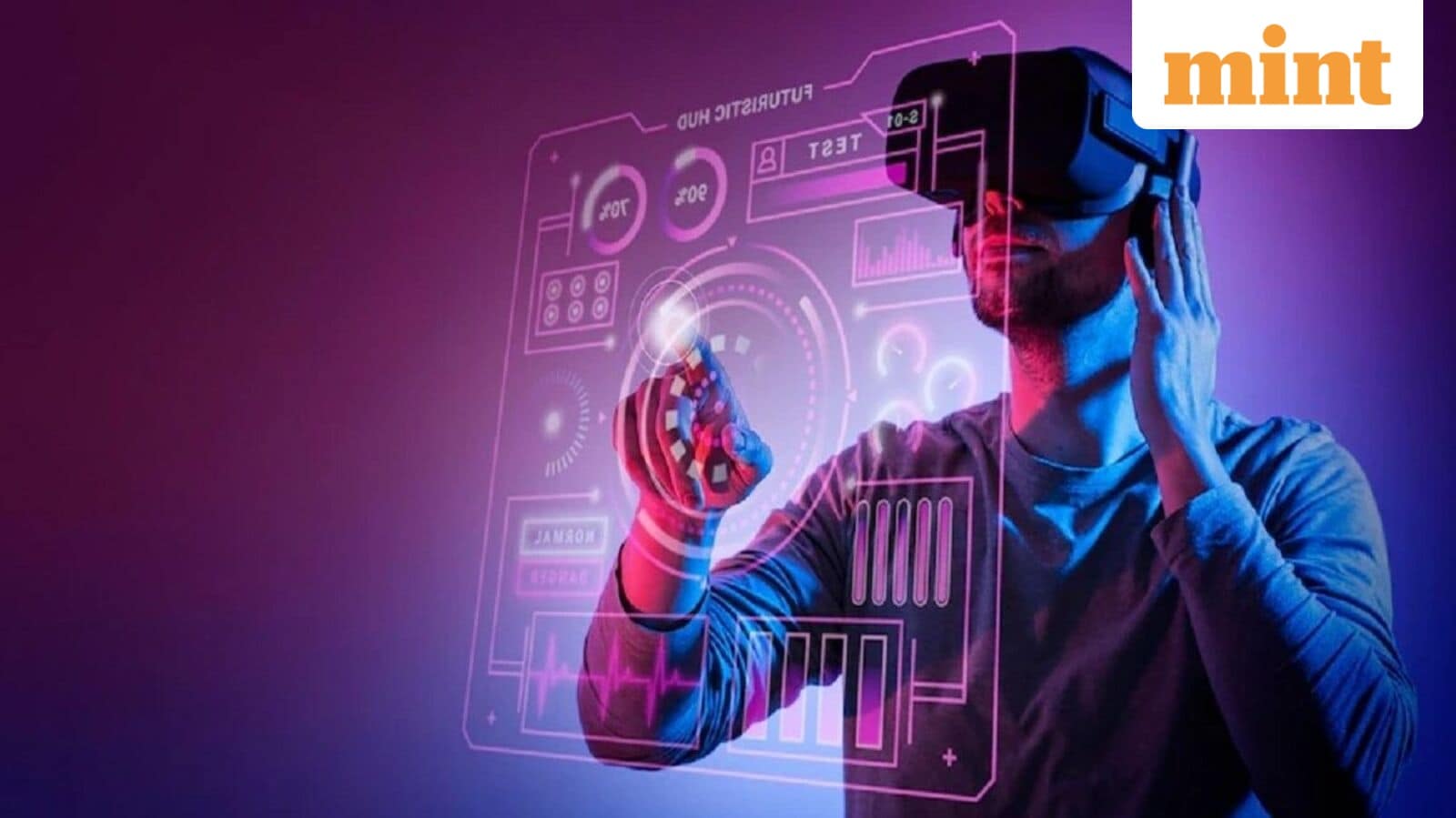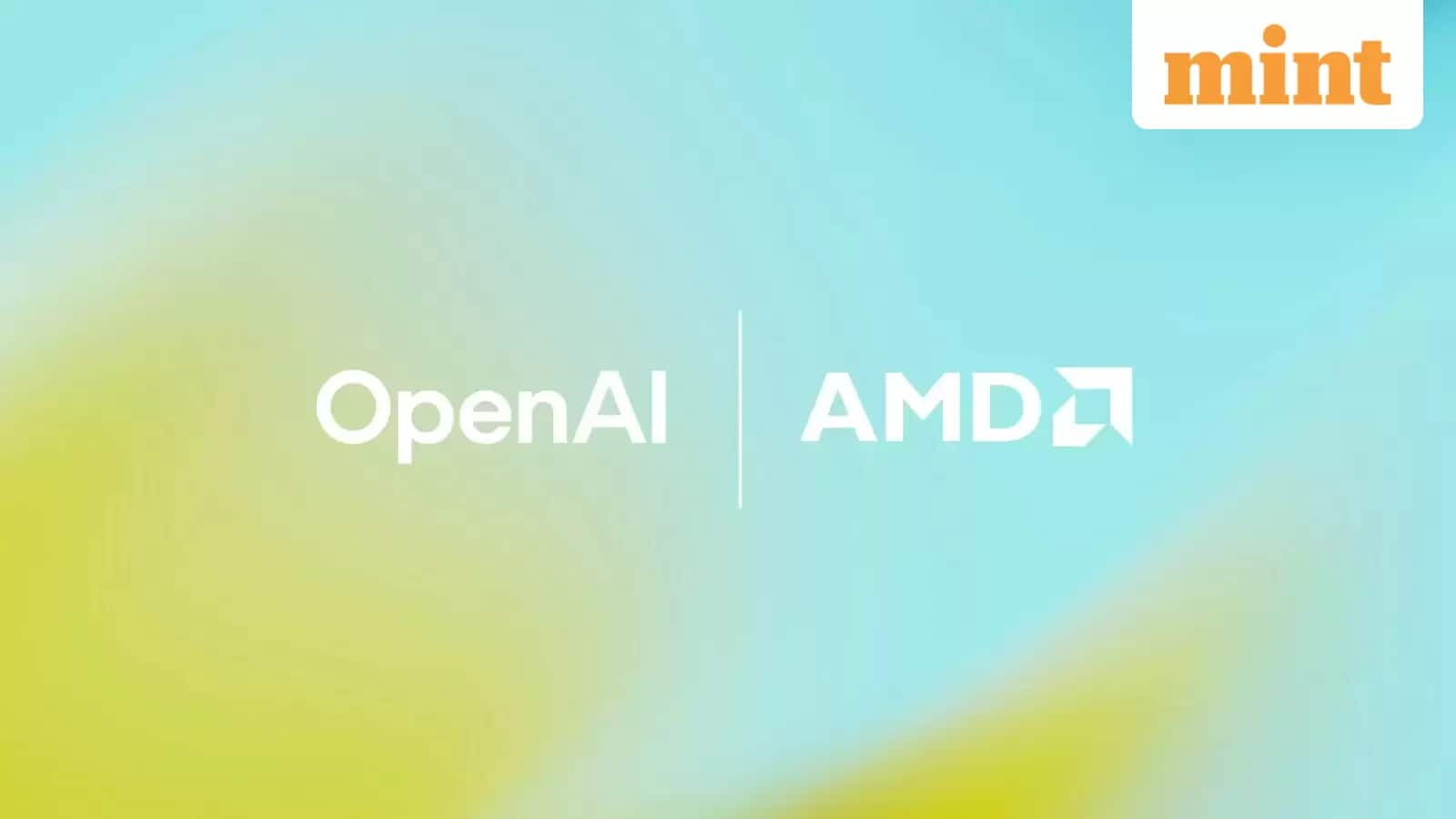Will access to AI become a fundamental human right? Sam Altman says ‘Everyone will want…’

OpenAI CEO Sam Altman suggested that with artificial intelligence systems becoming increasingly capable, access to these powerful systems could one day be considered a fundamental human right.
In a blog post on Tuesday, Altman wrote, “As AI gets smarter, access to AI will be a fundamental driver of the economy, and maybe eventually something we consider a fundamental human right. Almost everyone will want more AI working on their behalf.”
Altman’s statement comes just a day after Nvidia committed to investing up to $100 billion in the ChatGPT maker for the development of AI infrastructure. Under the partnership, OpenAI aims to deploy at least 10 gigawatts of Nvidia systems, including millions of GPUs, to build massive data centers.
The first gigawatt of computing power using Nvidia‘s Vera Rubin platform is expected to be deployed by late 2026.
Altman talked about the importance of 10 gigawatts of compute in realizing his AI vision.
“If AI stays on the trajectory that we think it will, then amazing things will be possible. Maybe with 10 gigawatts of compute, AI can figure out how to cure cancer. Or with 10 gigawatts of compute, AI can figure out how to provide customized tutoring to every student on earth. If we are limited by compute, we’ll have to choose which one to prioritize; no one wants to make that choice.” Altman noted.
“Our vision is simple: we want to create a factory that can produce a gigawatt of new AI infrastructure every week.” he added.
Altman also stated that OpenAI will reveal ‘interesting new ideas’ on how it plans to build these new AI factories and expand compute capacity.
For years, OpenAI has relied on its main backer—Microsoft—for its massive compute needs required for training and running its new AI models.
Earlier this year, OpenAI also signed a $300 billion contract with Oracle for purchasing 4.5 gigawatts of computing capacity for Project Stargate, which aims to build national-scale AI data centers.
Meanwhile, a report by the Financial Times suggests that OpenAI is preparing to design and manufacture its own artificial intelligence chip with support from semiconductor giant Broadcom. Reportedly, the first units are expected to be shipped as early as next year, though they are likely to be initially only deployed within OpenAI’s own infrastructure.




